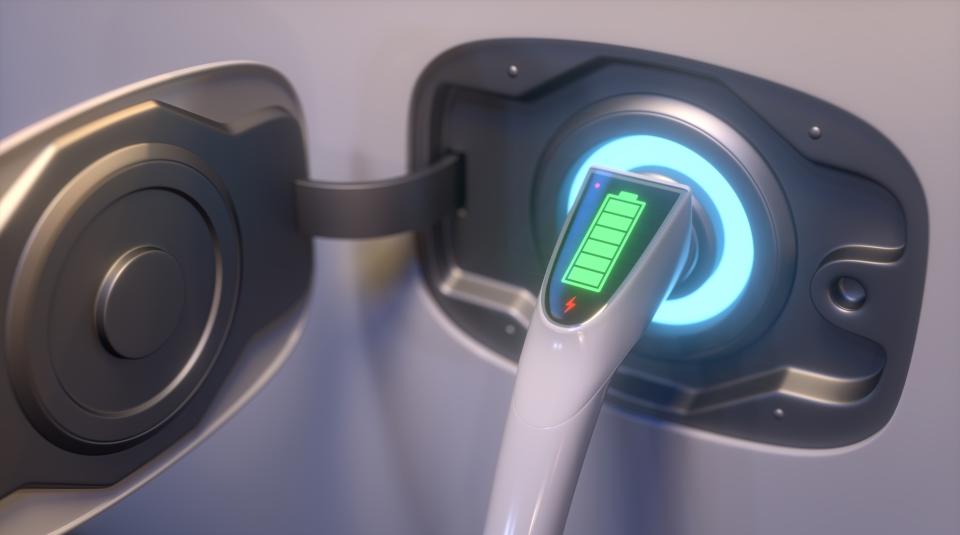A new material structure could revolutionize energy storage by enabling the capacitors in electric vehicles or devices to store energy for much longer, scientists say.
Researchers have developed capacitors from new “heterostructures” with a novel property that reduces the speed at which energy dissipates without affecting their ability to charge quickly.
The new discovery — which the scientists say was unintended and builds off novel electronics work — could be the foundation for better battery life across consumer devices such as laptops or smartphones, as well as more flexibility in grid-scale energy storage. The scientists described their findings in a study published April 18 in the journal Science.
While batteries can store energy for a long period, they take a long time to charge and discharge electricity. This is where capacitors come in — they store electricity in an electric field that can be quickly charged and discharged for rapid access to power as needed.
Smartphones, for example, generally use power from the battery but get energy from capacitors when power is needed in a short burst — such as for a camera flash. Each smartphone typically has hundreds of capacitors.
Related: This tiny radioactive battery can last 50 years without recharging — and it’s coming in 2025
Some capacitors use ferroelectric materials to store energy. These materials are naturally polarized, which can be reversed by applying a voltage. When the polarization is reversed, this remains in the capacitor like ‘memory’, even after the voltage is removed.

Applying power reverses the polarization of these materials, and they can maintain this polarization even after the power has been removed. However, they generally retain energy poorly over longer periods compared with batteries.
The new structure sits in a physical and chemical balance between conductivity and non-conductivity, letting it more effectively retain energy. By accident, the researchers found that a tiny gap in the core increases the relaxation time — a term used to describe the period over which the capacitor loses charge.
In each of the heterostructures, 2D and 3D materials are layered like pasta sheets in a lasagna at an atomic level, with chemical and non-chemical bonds between each layer. The maximum thickness of the overall structure or is just 30 nanometers – around 30,000 times thinner than a human hair.
RELATED STORIES
—Tired of your laptop battery degrading? New ‘pulse current’ charging process could double its lifespan.
—Wireless charger that sits under your skin could power medical devices before dissolving into your body
—Quantum batteries could charge faster by scrambling the rules of cause and effect
Researchers said the technology could deliver energy density up to 19 times higher than current capacitors. The team also reported an efficiency of more than 90%, a standout result in the field. Comparable efficiency for novel ferroelectric capacitors stands at 86.95%, according to research published in July 2023 in the journal Materials.
“We found that dielectric relaxation time can be modulated or induced by a very small gap in the material structure,” said Sang-Hoon Bae, an assistant professor of mechanical engineering and materials science at Washington University, in a statement. “That new physical phenomenon is something we hadn’t seen before. It enables us to manipulate dielectric material in such a way that it doesn’t polarize and lose charge capability.”
If reproduced at scale, the structure could power a shift in the way that we store and access energy because it would allow energy to be accessed very fast on demand without sacrificing the stability of long-term storage. With higher energy densities, next-generation capacitors could enable greater use of fast-charging capacitors for devices that need long-term storage such as electric vehicles. Capacitors could also provide fast, on-demand power for the grid or private industrial uses.
Source Agencies

